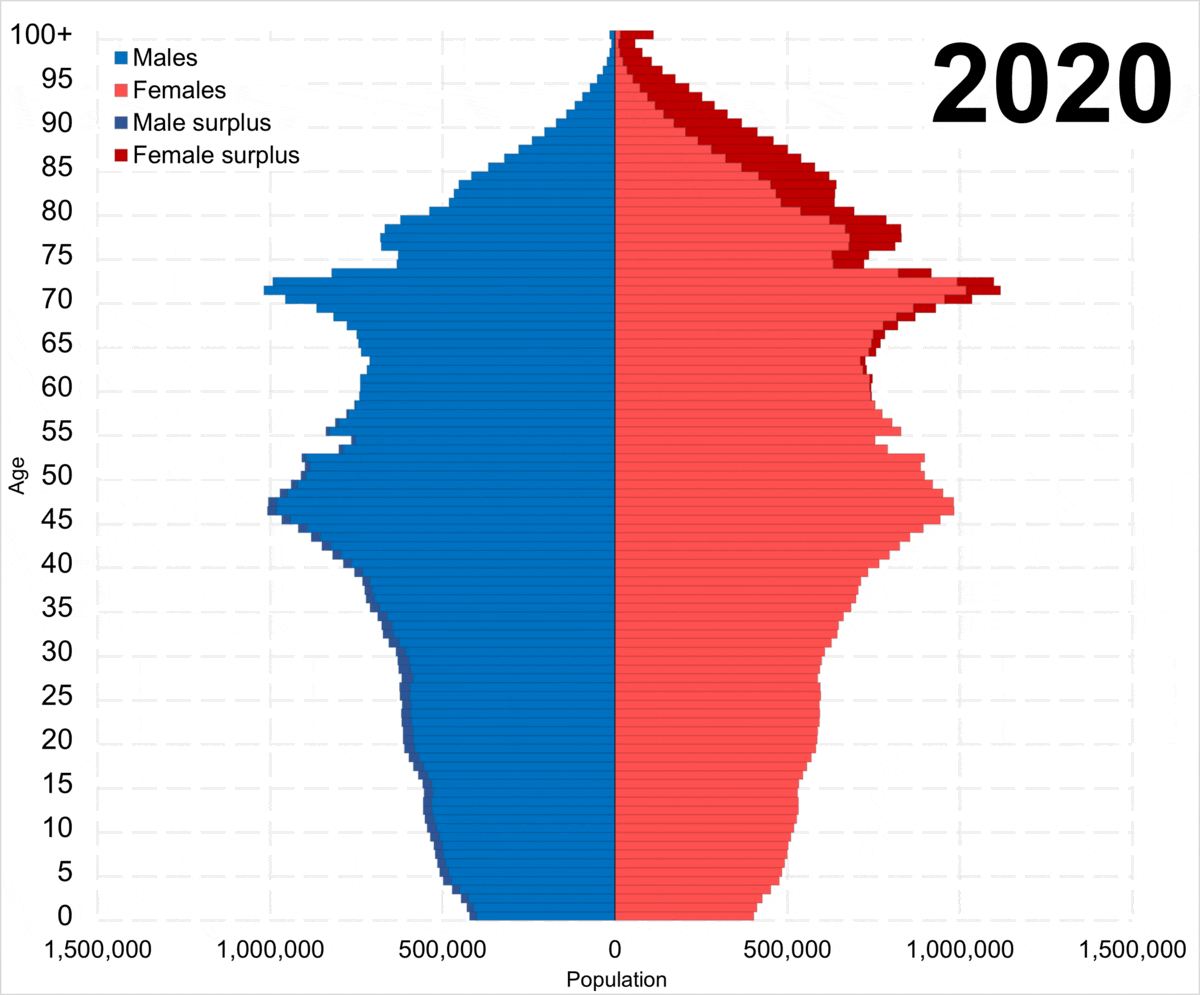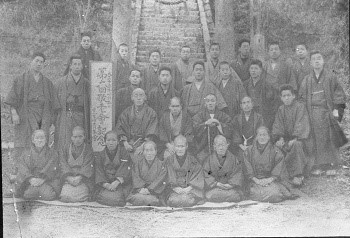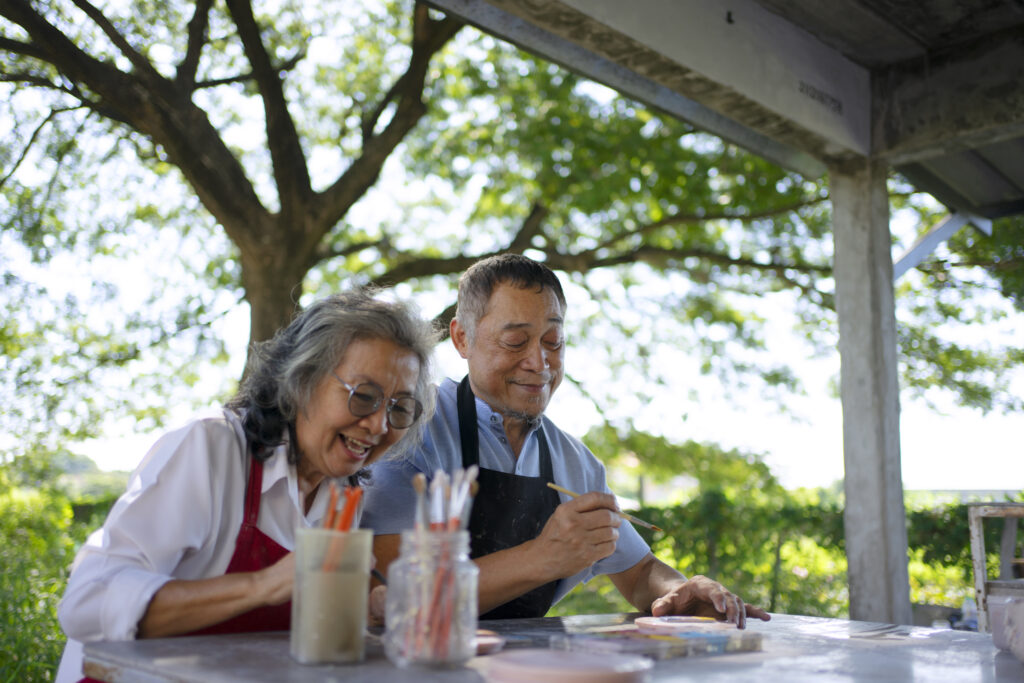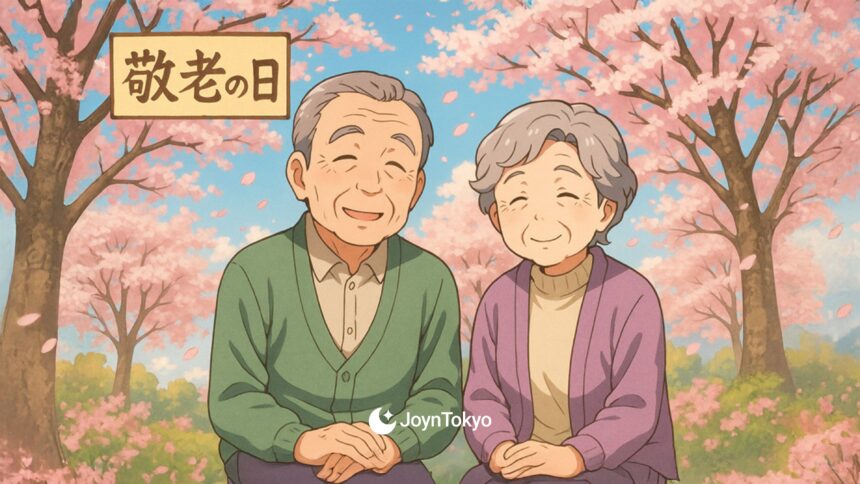Japan has many holidays that one may consider esoteric: obon, for example, can be tricky to explain to those who have no experience with Japanese culture. However, there is one holiday that makes innate sense to most people who hear about it: Respect for the Aged Day, known in Japan as Keiro no Hi (敬老の日).
While the US has an unofficial National Grandparents’ Day, and there is an International Day of Older People on October 1st, observed in many countries, why is Respect for the Aged Day in Japan a distinct national holiday? There are many reasons, and they are fascinating to consider.
Significance of the Aged in Japan

Although Japan is well-known for its elderly society, with nearly 30% of its population aged 65 or above, it is less of an informal gerontocracy than, say, the US, where the average age of a Congressional Representative is 57.5 and 67.4 for Senators, while in Japan the average age of their equivalents in the House of Representatives and the House of Councillors is 55.6 and 57.2, respectively.
Nevertheless, Japanese society is deeply affected by Confucianism, brought over from China in the early days of Japan, as well as the respect given to ancestors that is a key attribute to Shintoism. This means that, while not quite as overtly empowered in Japan as they are in some other countries, Japanese people (and society) and prone to regarding the elderly with a respect, and even a certain degree of reverence.
As such, it is not unusual to think that there is a day to recognize Japan’s elders. A whole national holiday, though? How did that come about?
History of Respect for the Aged Day

Believe it or not, Respect for the Aged Day in Japan is relatively modern: far more so than obon, which while widely celebrated, is not considered a national holiday. Its origins trace back to 1947, when, during recovery from the Second World War, the village of Nomadani, in Hyogo prefecture, established its own holiday of Elderly People’s Day (Toshiyori no Hi/年寄りの日) in the hopes that people would look to the wisdom of their elders to help them get through the difficult times.
News of their local observation began to spread, and the idea proved so popular that in 1966, just under twenty years after the idea was first floated, it was renamed “Respect for the Elderly Day,” and given its status as an official national holiday. Initially held on the 15th of September 2015, it is now held on the third Monday in September, in order to guarantee everyone a long weekend.
What Does Respect for the Aged Day Mean?

Despite the changing times, the meaning of the day is much the same as it was when it was first conceived of in 1947. It is a day to reflect on the wisdom of our elders, and remind ourselves of the hardships that any of them have gone through on our behalf.
The underlying message is that, despite their sometimes being physically weaker, or having thoughts or feelings that can seem (or even simply be) outdated, those who came before us deserve to be thought of well, because no matter how young you are or how old they are, they came first, and went through struggles that — owing to their efforts — the youth do not need to.
How To Celebrate Respect for the Aged Day?

There are no particular festivals or celebrations to mark Respect for the Aged Day, but that doesn’t mean things are not done. To begin, it is a good idea to mark the occasion by visiting your parents or grandparents, and perhaps asking about their lives and their memories. Often, people have memories of things that they wouldn’t think to mention unless asked.
However, there are some ways in which the elderly are honored, even beyond this. In the media, stories about the elderly are often featured, and people of more advanced ages are interviewed to discuss their experiences.
Somewhat related, it has been the custom of the Japanese government since 1963 to send centenarians with a silver sake cup (though since 2009, they have been nickel cups with a silver coating, rather than solid silver) accompanied by a letter of congratulations from the Prime Minister.
Respect for one’s elders is an almost uniform moral among people the world over. However, Japan, in some senses the oldest nation in the world, grants particular moral weight to their forebears. Even if you have no older relatives on Respect for the Aged Day, it is still a great time to solemnly reflect on your ancestors, and the elders in your community.







